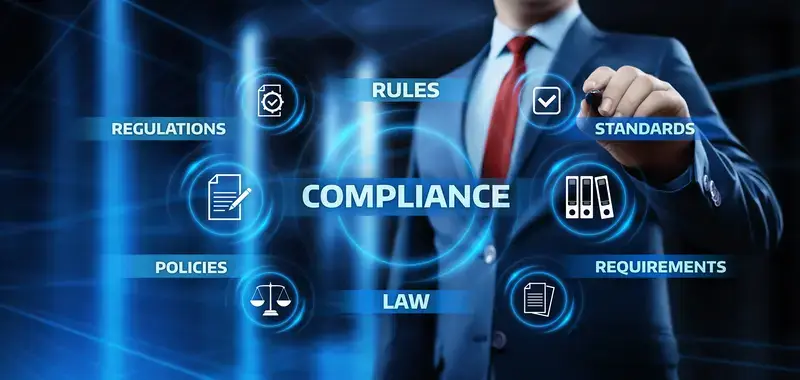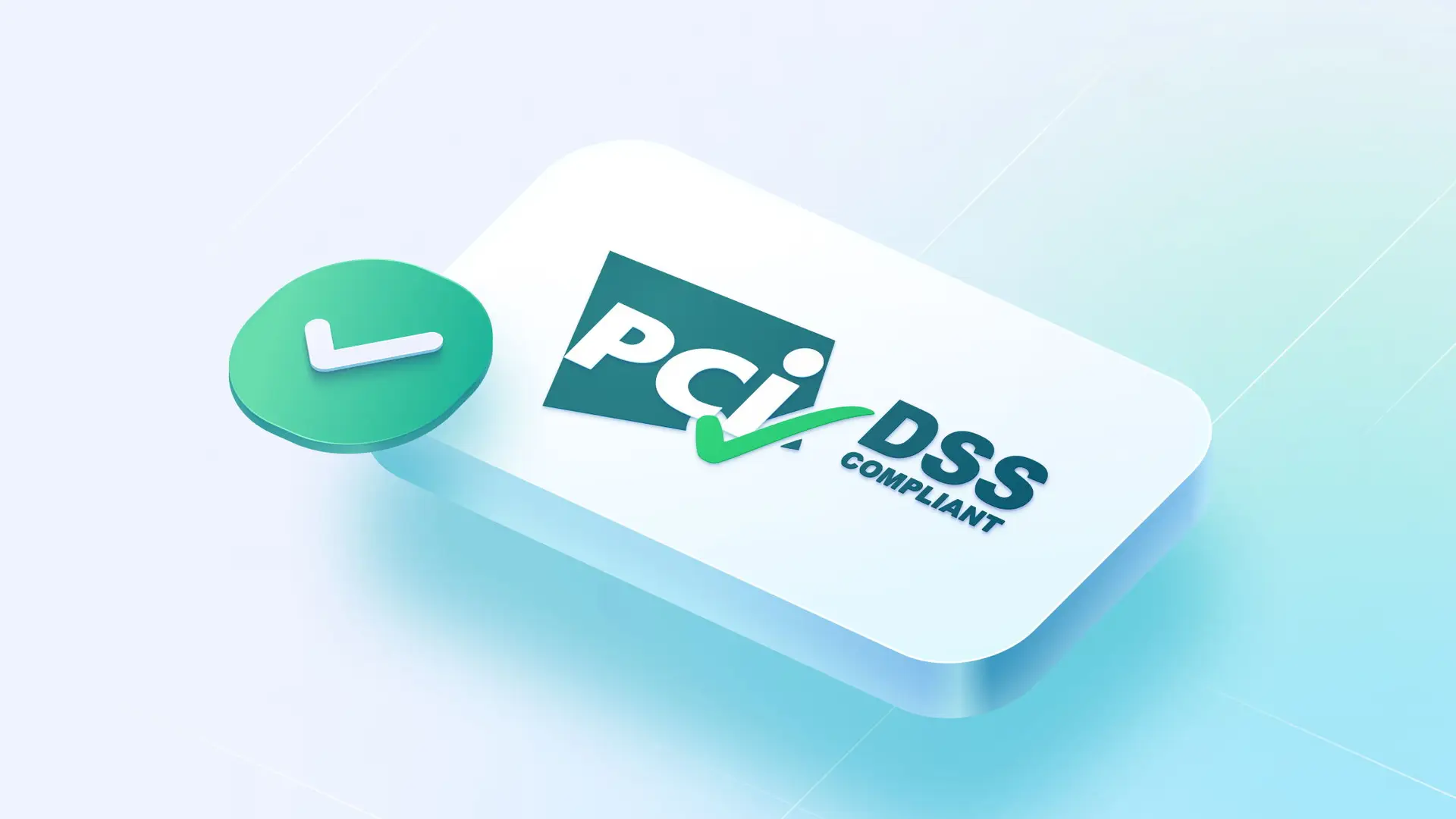PCI COMPLIANCE
WHAT IS PCI COMPLIANCE?
Key Security Measures for PCI DSS Compliance
These requirements encompass critical security measures such as maintaining secure networks, protecting stored cardholder data, implementing strong access controls, regularly monitoring systems, and establishing robust information security policies.
PCI DSS has been widely adopted by financial institutions globally, serving as a crucial defense against cybersecurity breaches, fraud, and potential identity theft. Organizations that comply with these standards help ensure the protection of sensitive financial information, build customer trust, and minimize the risk of data breaches.


Infinity Data: Your No-Fee Partner for Proactive PCI Compliance
Why PCI Compliance Matters
PCI compliance is not optional – it’s mandatory for any business that accepts, processes, stores, or transmits credit card information. Failure to comply can result in steep fines, penalties, and even the loss of your ability to process credit card payments. More importantly, non-compliance puts your customers’ sensitive financial data at risk of breaches and theft. The requirements of PCI DSS are designed to create a secure environment for processing cardholder data across your people, processes, and technology. They include security management, policies, procedures, network architecture, software design, and other critical protective measures.


How Infinity Data Enables Your PCI Compliance at No Extra Cost
- Secure cloud hosting in PCI-compliant data centers
- Encryption of data at rest and in transit
- Role-based access control and multi-factor authentication
- Audit logging and monitoring
- Penetration testing and vulnerability scanning
- Security awareness training for your personnel
- Policies and procedures tailored to your environment
- Support from PCI compliance experts
Benefits of PCI Compliance from Infinity Data

Requirements for PCI Compliance
PCI compliance standards require merchants to consistently adhere to the PCI Standards Council’s guidelines known as the PCI Data Security Standard (PCI DSS). These guidelines include 78 base requirements, more than 400 test procedures, and 12 key requirements:
Install and Maintain Firewall to Protect Cardholder Data:
Properly configured firewalls are highly effective at keeping private information secure, which is why the first requirement is that merchants maintain a secure firewall configuration.
Proper Password Protection:
Most routers, modems, point-of-sale (POS) systems, and other third-party products come with a factory default username and password that are simple to guess or publish on the internet. To meet the second requirement, businesses must not only change the password settings but also maintain a list of all devices and software that require a password and change those passwords frequently.
Protect Cardholder Data:
This two-fold protection of cardholder data is the most important requirement on the list. Merchants must encrypt cardholder data with certain algorithms, then perform regular scans to ensure no unencrypted data exists.
Encrypt Transmitted Data:
Similar to requirement three, merchants must secure cardholder data when it is transmitted over public networks.
Use and Maintain Antivirus Software:
Antivirus software is required for all devices, including workstations, laptops and mobile devices, that interact with primary account numbers (PANs). The antivirus software must be updated on a regular basis to detect known malware.
Properly Updated Software:
Firewalls, antivirus software, databases, POS terminals and more require constant updates to patch security vulnerabilities. Merchants must limit the potential for exploits by updating systems and applications in a timely manner.
Restrict Data Access:
The ability to access cardholder information should be on an exclusively “need to know” basis. Staff members, executives and third parties who do not need access to this data should not have it.
Unique IDs for Access:
Each authorized user to computer access must have their own unique user ID and password. This ensures accountability for individuals who are granted access to sensitive data and reduces response time in the event of a data breach.
Restrict Physical Access:
Cardholder data must be kept in a physically secure location such as a secured room with a locked cabinet. Access to sensitive data should be limited.
Create and Maintain Access Logs:
Log entries are required for all activity involving cardholder data and primary account numbers (PANs). All systems must have a correct audit policy set where logs are continuously reviewed to look for suspicious activities.
Test Security Systems Regularly:
All systems and processes must be tested on a frequent basis to ensure that security is maintained and to help identify potential weakness along any point of the security system. Even the best security systems are subject to malfunction, human error or aging vulnerabilities. Continuous testing can find these limitations.
Document Policies:
All systems, software and authorized employee logs involving the PCI DSS requirements must be documented.
Legal Disclaimer
Infinity Data assists merchants who process credit card transactions with Infinity Data with PCI compliance. Our goal is to assist and advise our merchants in the process of securing Primary Account Number (PAN) credit card data outside of the merchants’ environment and maintaining PAN outside of the scope of the merchant’s environment. However, liability for any compromise of cardholder data remains with the merchant. While Infinity Data provides tools and guidance to facilitate PCI DSS compliance, the merchant is ultimately responsible for implementing controls and ensuring ongoing organizational compliance. Infinity Data does not guarantee a merchant’s compliance with PCI DSS standards or indemnify merchants in the event of a data breach. PCI compliance may require professional services by third-party auditors. Third-party professional services will be billed on an hourly basis.
